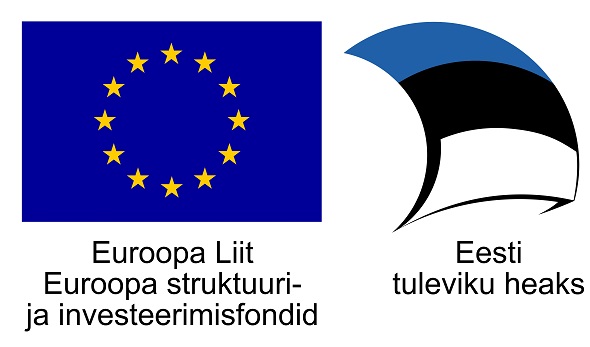Commission welcomes approval of Creative Europe programme by European Parliament
 European culture, cinema, television, music, literature, performing arts, heritage and related areas will benefit from increased support under the European Commission’s new Creative Europe programme, which was approved by the European Parliament today.
European culture, cinema, television, music, literature, performing arts, heritage and related areas will benefit from increased support under the European Commission’s new Creative Europe programme, which was approved by the European Parliament today.
With a budget of €1.46 billion1 over the next seven years – 9% more than current levels – the programme will provide a boost for the cultural and creative sectors, which are a major source of jobs and growth. Creative Europe will provide funding for at least 250 000 artists and cultural professionals, 2 000 cinemas, 800 films and 4 500 book translations. It will also launch a new financial guarantee facility enabling small cultural and creative businesses to access up to €750 million in bank loans.
Welcoming today’s vote, Androulla Vassiliou, European Commissioner for Education, Culture, Multilingualism and Youth, stated: “This investment is great news for Europe’s film industry, for culture and the arts, and for the public. Creative Europe will enable our dynamic cultural sectors to create new jobs and contribute more to the EU economy. It will enable thousands of talented artists to reach new audiences in Europe and beyond, while also promoting cultural and linguistic diversity. In addition to providing considerable levels of grant support, our guarantee facility will boost access to finance for hundreds of small companies,” she added.
Creative Europe builds on the experience and success of the Culture and MEDIA programmes, which have supported the cultural and audiovisual sectors for more than 20 years. The new programme includes a Culture sub-programme, supporting performing and visual arts, heritage and other areas, and a MEDIA sub-programme, which will provide funding for the cinema and audiovisual sector. A new cross-sectoral strand will support policy cooperation, transversal measures and the new financial guarantee facility, which will be operational from 2016.
The European Capitals of Culture, European Heritage Label, European Heritage Days and the five European prizes (EU Prize for Cultural Heritage/Europa Nostra Awards, EU Prize for Contemporary Architecture, EU Prize for Literature, European Border Breakers Awards, and EU Prix MEDIA) will also receive support from Creative Europe.
The programme will allocate at least 56% of its budget for the MEDIA sub-programme and at least 31% for the Culture sub-programme. This broadly reflects the share of funding that the two areas currently receive. Amaximum of 13% of the budget will be allocated to the cross-sectoral strand, which includes support for ‘Creative Europe Desks’ in each participating country, providing advice to potential beneficiaries. Around €60 million is earmarked for policy cooperation and for fostering innovative approaches to audience building and new business models.
Creative Europe: who benefits?
Creative Europe will support:
-
250 000 artists and cultural professionals and their work, allowing them to reach new audiences beyond their home countries;
-
More than 800 European films will receive distribution support so that they can be seen by audiences throughout Europe and the world;
-
At least 2 000 European cinemas will benefit from funding, provided that at least 50% of the films they screen are European;
-
More than 4 500 books and other literary works will receive translation support, allowing authors to break into new markets and readers to enjoy them in their mother tongue;
-
Thousands of cultural and audiovisual organisations and professionals will benefit from funding for training to gain new skills and to strengthen their capacity to work internationally.
The European cultural and creative sectors represent up to 4.5% of EU GDP and employ more than 8 million people. Creative Europe will help them to contribute even more to the European economy by seizing the opportunities created by globalisation and the digital shift. It will also enable them to overcome challenges such as market fragmentation and difficulties in accessing financing, as well as contributing to better policy-making by making it easier to share know-how and experience.
Next steps
The Creative Europe programme will be definitively adopted by the Council (28 Member States) in the weeks to come and will enter into force in January 2014.
For more information
European Commission: Creative Europe
Creative Europe on Facebook
Join the conversation on Twitter #CreativeEurope
Follow Androulla Vassiliou on Twitter @VassiliouEU





